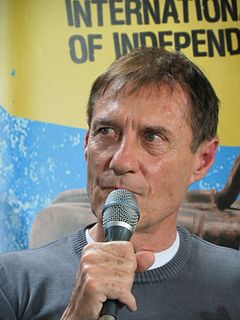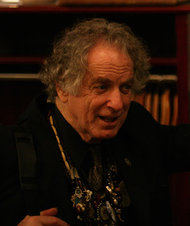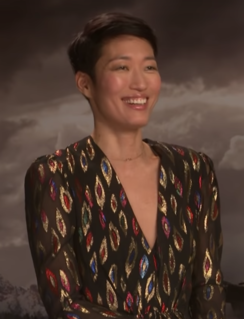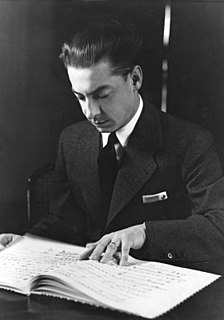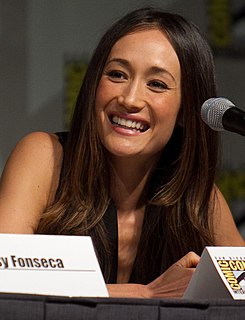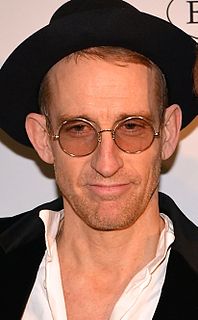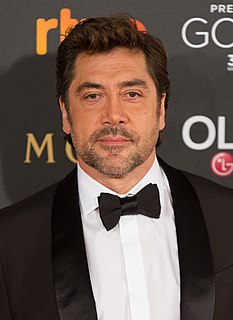A Quote by Roland Joffe
The actor is concerned with his own bit of it, but the director's somehow trying to work the whole thing into a much bigger picture. It's like conducting an orchestra.
Related Quotes
I love the variety of films. In theater, you go into a room and the director runs the room, so you all work to his or her method. On film, if an actor or an actress is in for a day or two, the director has to get out of that actor what they need, so they have to change and adapt to that actor's technique.
You know, in some ways conducting is counter-intuitive. It's like winter driving in Finland - if you skid, the natural reaction is to fight with the wheel and jam on the brakes, which is the quickest way to get killed. What you have to do is let go, and the car will right itself. It's the same when an orchestra loses its ensemble. You have to resist the temptation to semaphore, and let the orchestra find its own way back to the pulse.
My ex-wife was trying to be nice once, so she took me to a concert in Los Angeles. I went with her to Symphony Hall, and the orchestra was playing. When the show started, the spotlight was sharp on this one man (Andres Segovia) and he had sombrero on and his guitar propped up like this and, oh man ... he was a master ! - I really heard it. That one guitar sounded like a whole orchestra to me.
J.J. Abrams is a director with no ego. He is a director who has a very consistent attitude when he's at work. He's funny, he's brilliant, he's a combination of all these really great things. J.J. is the kind of person who sees the bigger picture before anybody else does. It sounds simple but not all directors do that.
The whole press thing and who you are in the media, or what you have to project yourself to be, it feels very much like another person. People say to me, "Oh, your life must be changing," and I'm like, "Uh, I guess?" For me, it's such a gradual change, and I don't see it from the outside like everybody else does. It's weird, I see my face on a bus or online or somebody has my picture as their picture on Twitter and it's all a bit weird and I feel very disconnected from it and very much, "I guess that's me." It's very surreal.
Independent means one thing to me: It means that regardless of the source of financing, the director's voice is extremely present. It's such a pretentious term, but it's auteurist cinema. Director-driven, personal, auteurist... Whatever word you want. It's where you feel the director, not a machine, at work. It doesn't matter where the money comes from. It matters how much freedom the director has to work with his or her team. That's how I personally define independent movies.
